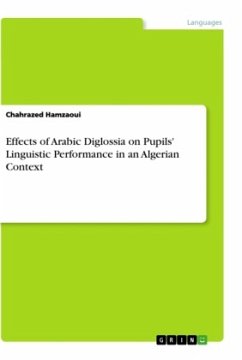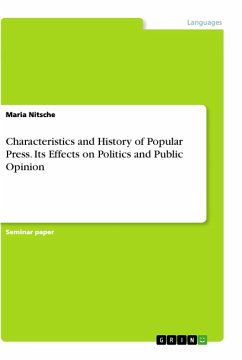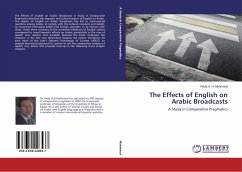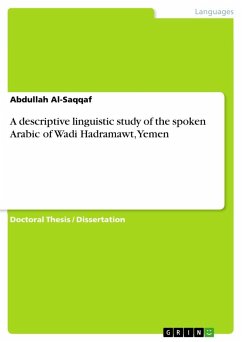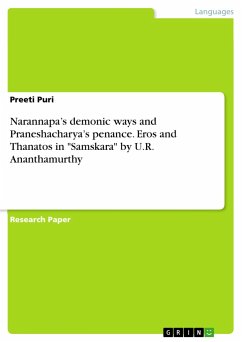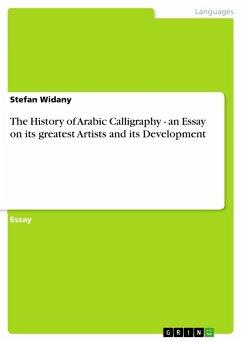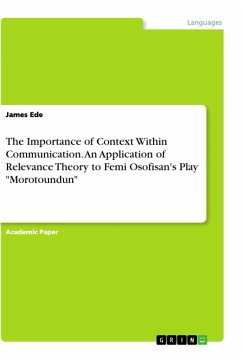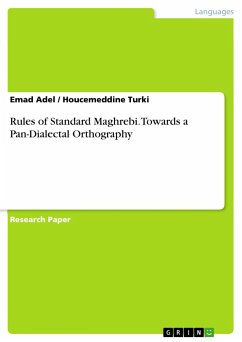Document from the year 2021 in the subject Orientalism / Sinology - Arabistic, grade: "manque", , course: Anglais, language: English, abstract: The purpose of this study is to investigate the impact of Arabic diglossia on formal instruction with special reference to the primary level in Tlemcen schools. It seeks to highlight the sociolinguistic phenomenon 'diglossia' and its effect on pupils' linguistic performance. Recently, clear flaws seem to have been noted in pupils' linguistic skills in all Arab schools, particularly in first grade level, since most of them have relatively little or no contact with the official language of instruction before formal schooling. In the Algerian policy, Modern Standard Arabic (MSA hereafter) is the language used in classroom settings. However, it is generally agreed among educationists, that the achievement of low levels is mainly linked to the complexities of the literary language used in formal instruction and the various colloquial forms reserved for non-formal contexts. Children acquire Algerian Arabic as a mother tongue, while Standard Arabic is learned later on through access to formal instruction. The pupils' educational problems and the persistent feelings of linguistic insecurity are directly attributed to diglossia. Through collecting and analyzing data by means of a number of sociolinguistic tools, the researcher tried, in this study, to compare between two school settings to show the extent to which diglossia affects the learning process among first grade pupils by: exploring the variety used in classroom interaction, insisting on the language difficulties encountered by young pupils and detecting their attitudes towards the forms of Arabic used in classroom interaction.

